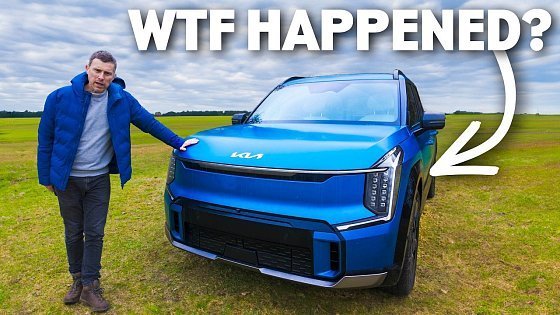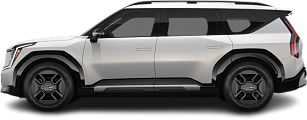Video Summary
Here's a summary of the video review:- The federal government will give up to a $7,500 break on taxes for buying an electric car or a plug-in hybrid.
- The income eligibility requirements have been changed.
- The buyer's modified adjusted gross income cannot exceed $300,000 for married couples, $225,000 for heads of households, and $150,000 for other filers.
- Vehicles must meet criteria to be eligible. These include a battery capacity of at least 7 kilowatt hours, a gross vehicle weight rating of less than 14,000 pounds, and final assembly in North America.
- The sale must be by a qualified manufacturer, the seller reports information to the IRS at the time of sale, and the seller reports the name and taxpayer identification number to the IRS to claim the credit.
- Vehicle's suggested retail price (MSRP) for vans, sport utility vehicles and pickup trucks can't exceed $80,000 and $55,000 for other vehicles.
- The tax credit can now be applied as a discount at the dealership at the time of purchase.
- For the full $7,500 tax credit, 50% of the battery components must be manufactured or assembled in the United States or in a country with a free trade agreement with the US. That percentage increases to 60% in 2024-2025, 70% in 2026-2027, 80% in 2027-2028, and 100% in 2029.
- Leased electric cars or plug-in hybrids from dealerships are considered "commercial vehicles" under IRS regulations. The originator of the lease, typically the automaker's finance division, will take the full $7,500 tax credit.
- Many automakers are offering some form of discount on EV leases as a result of this.
- The list of vehicles that qualify for the full tax credit are, Tesla Model X, Tesla Model Y, Ford F-150 Lightning, Chevy Bolt EV, Chevy Bolt EUV, Volkswagen ID.4, and Chrysler Pacifica plug-in.






